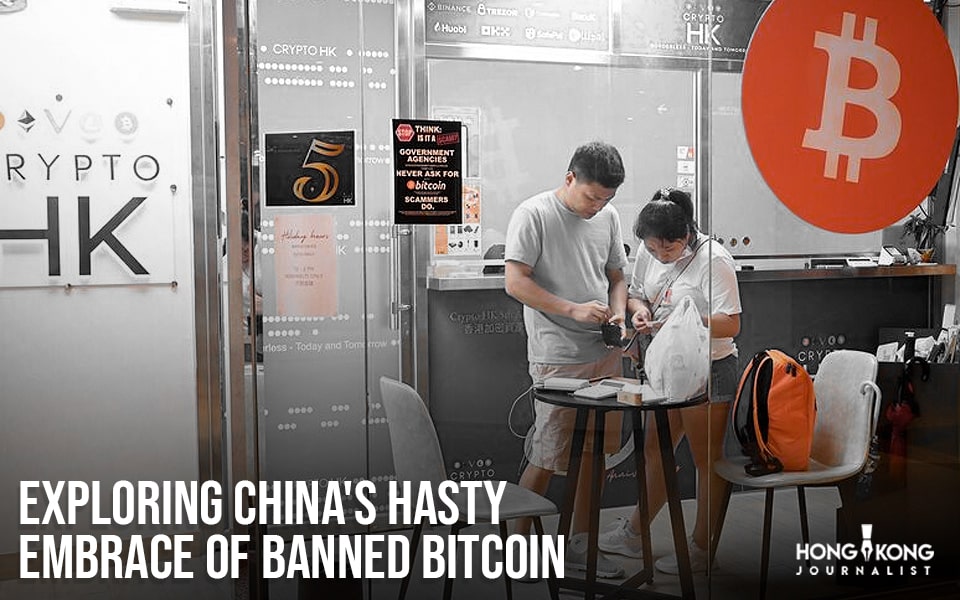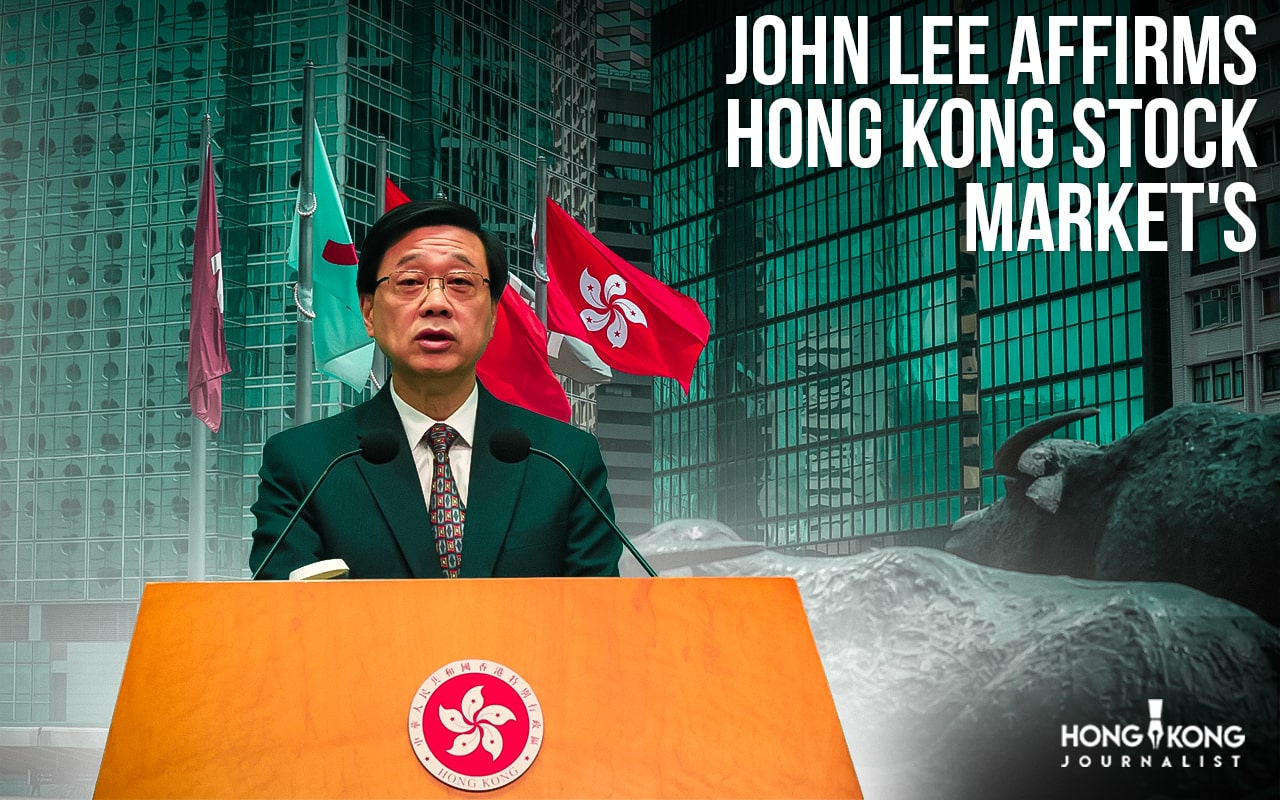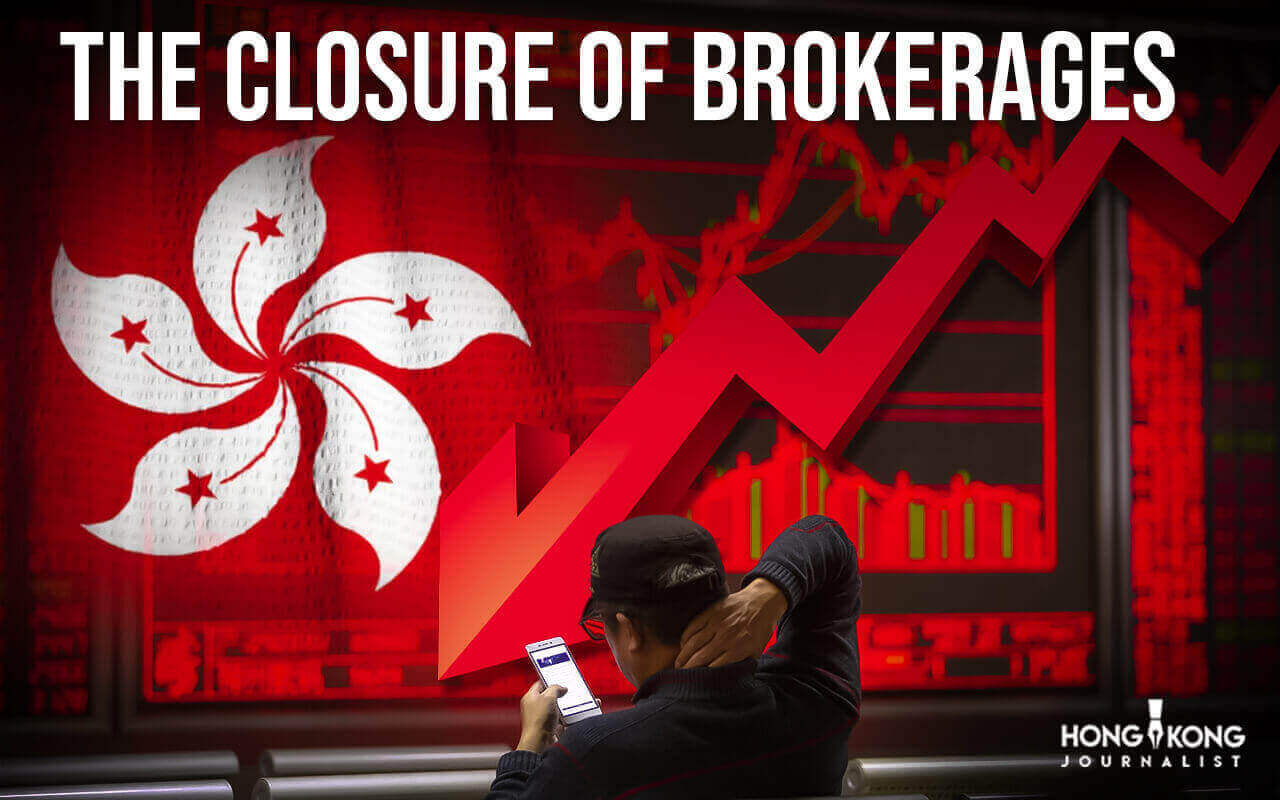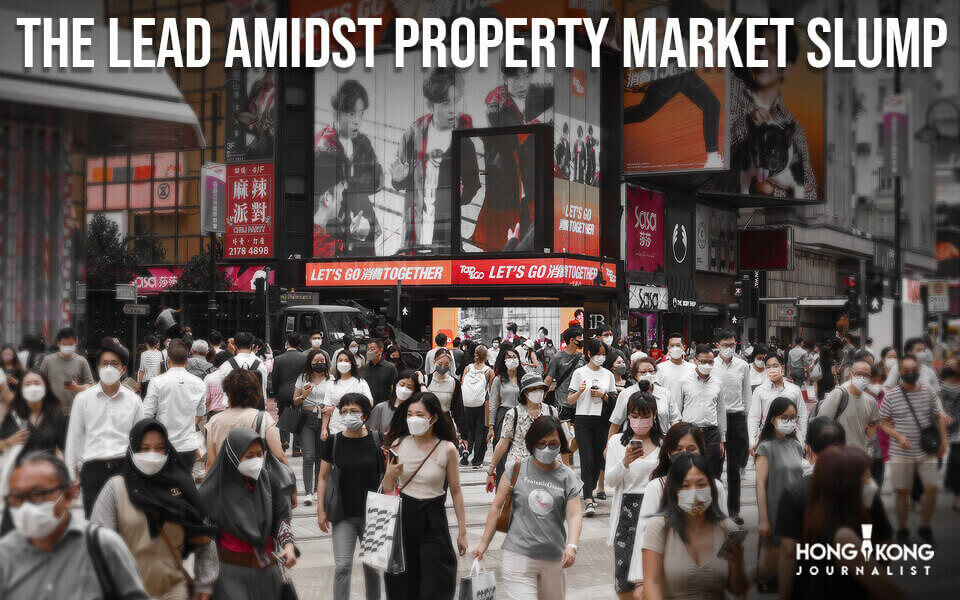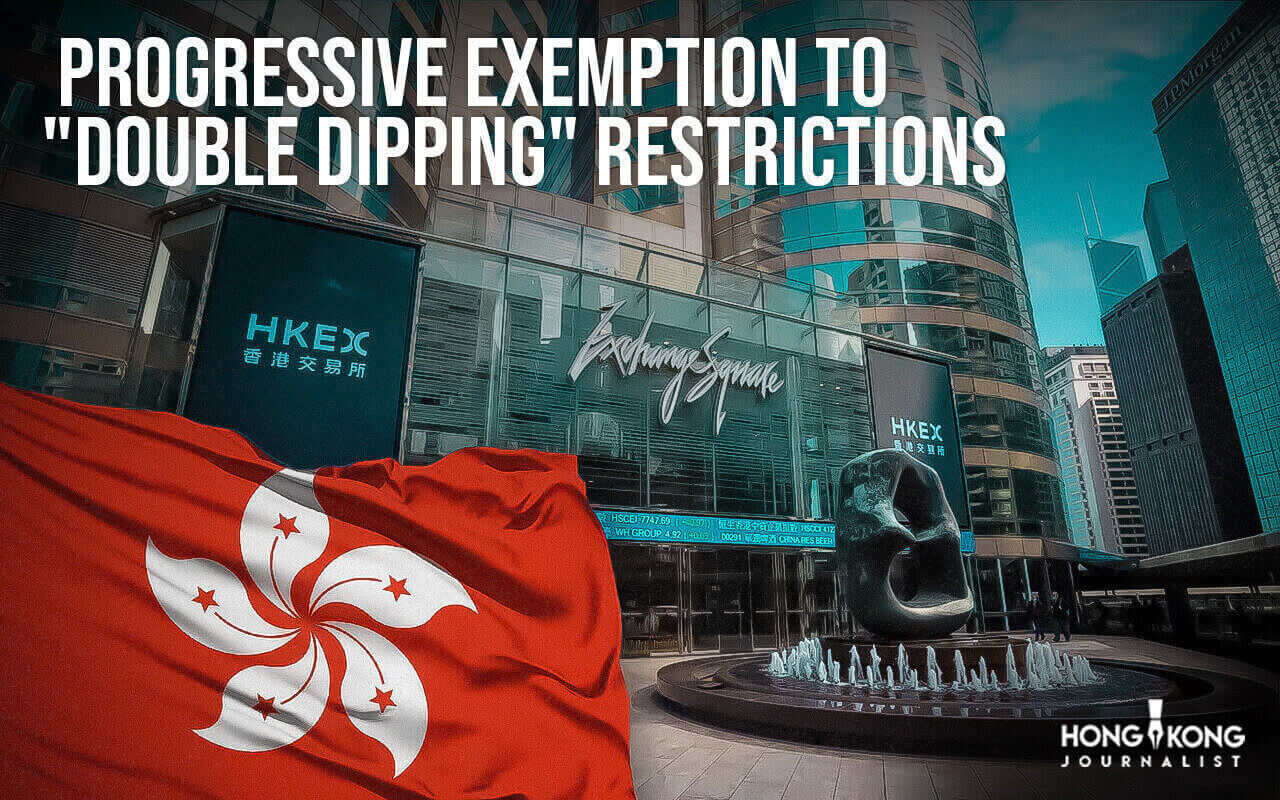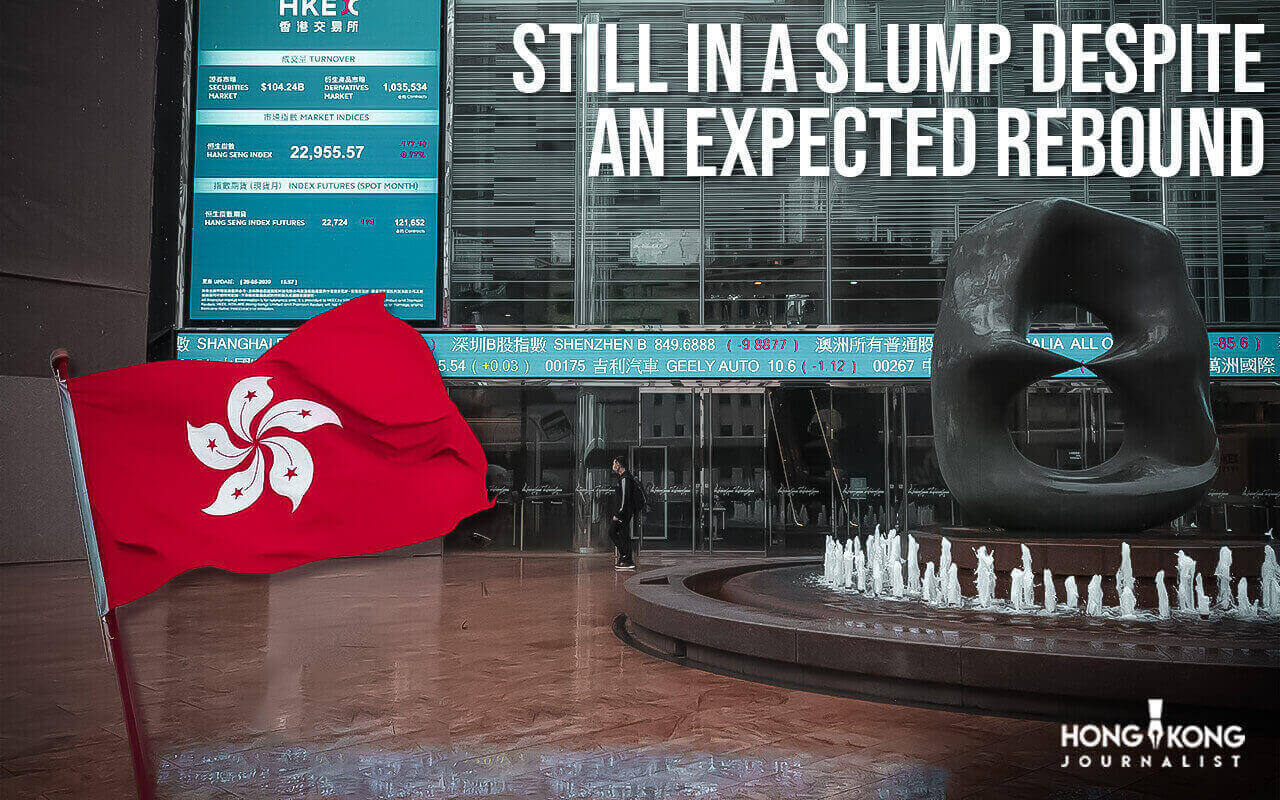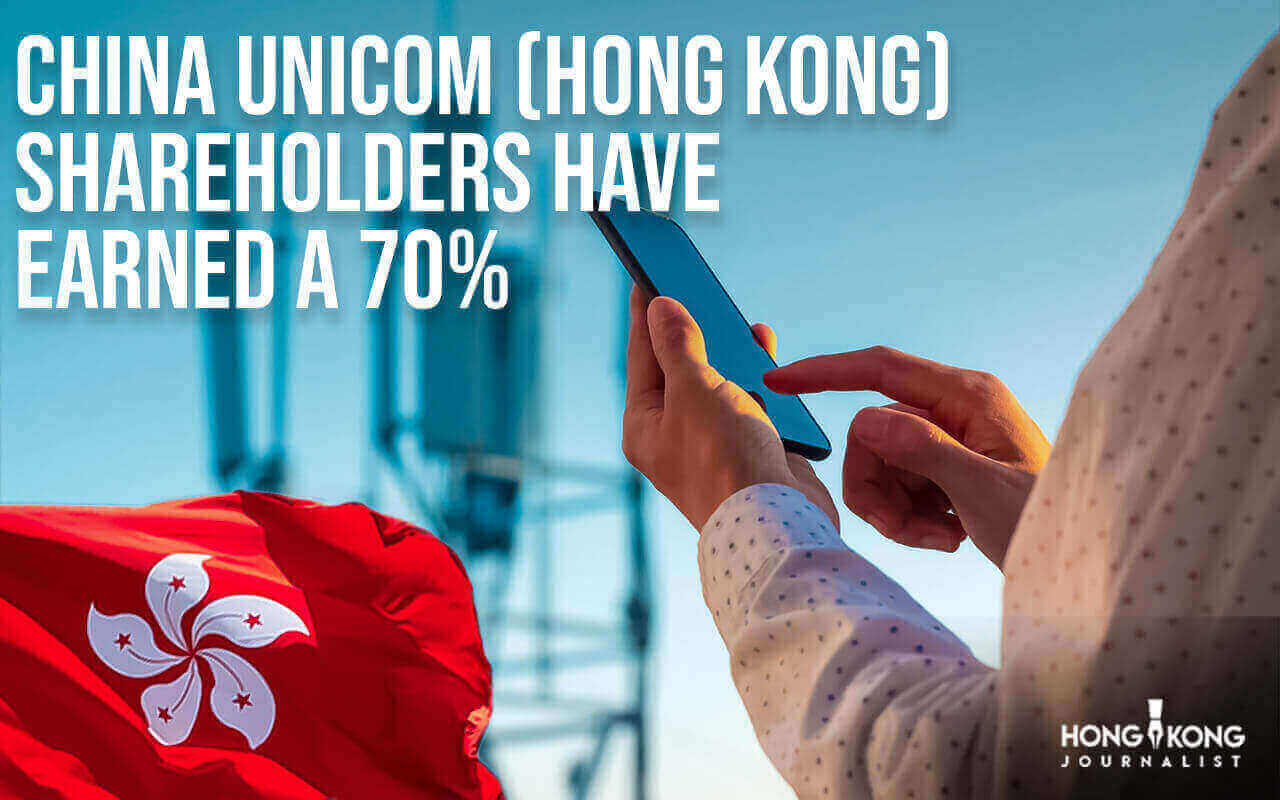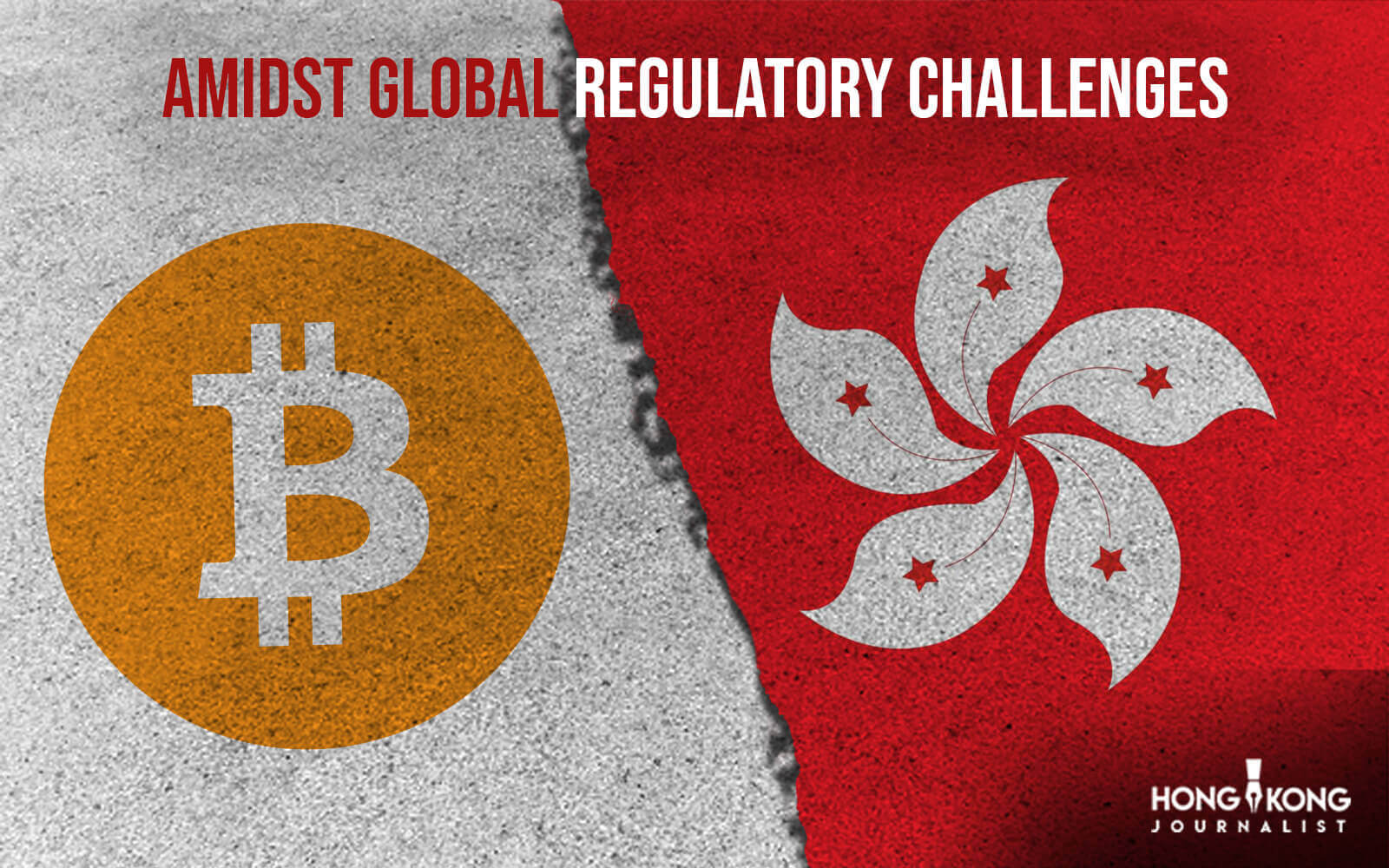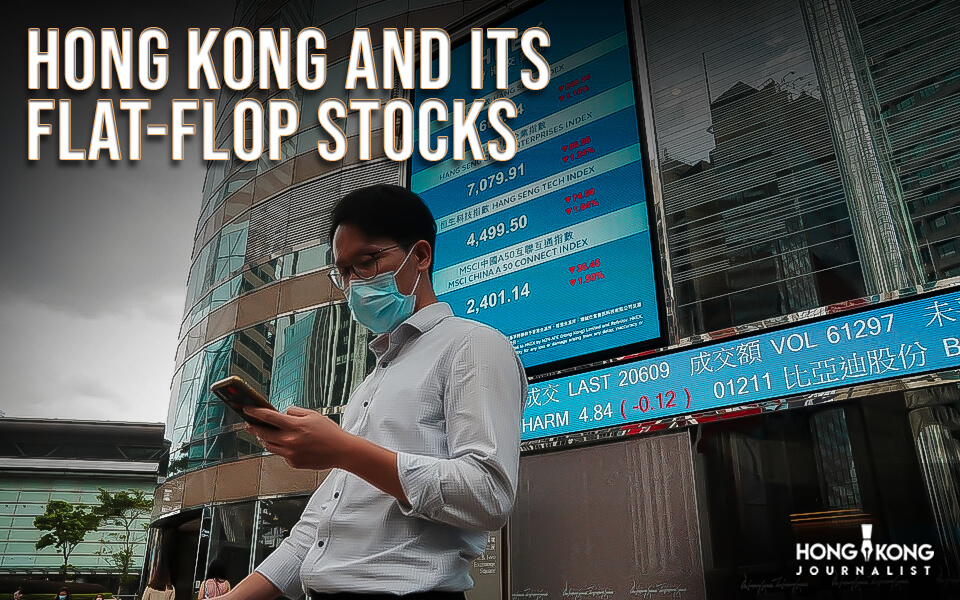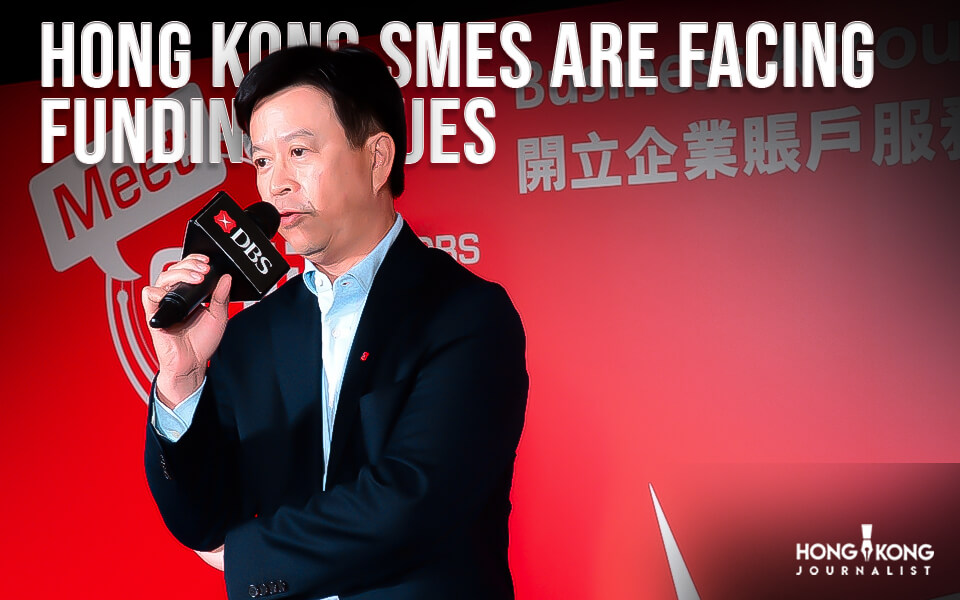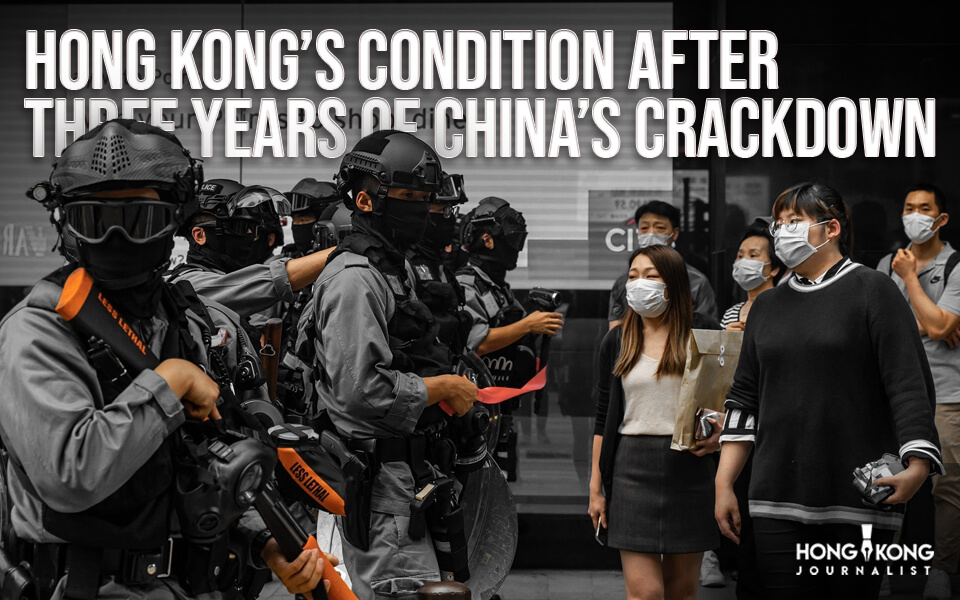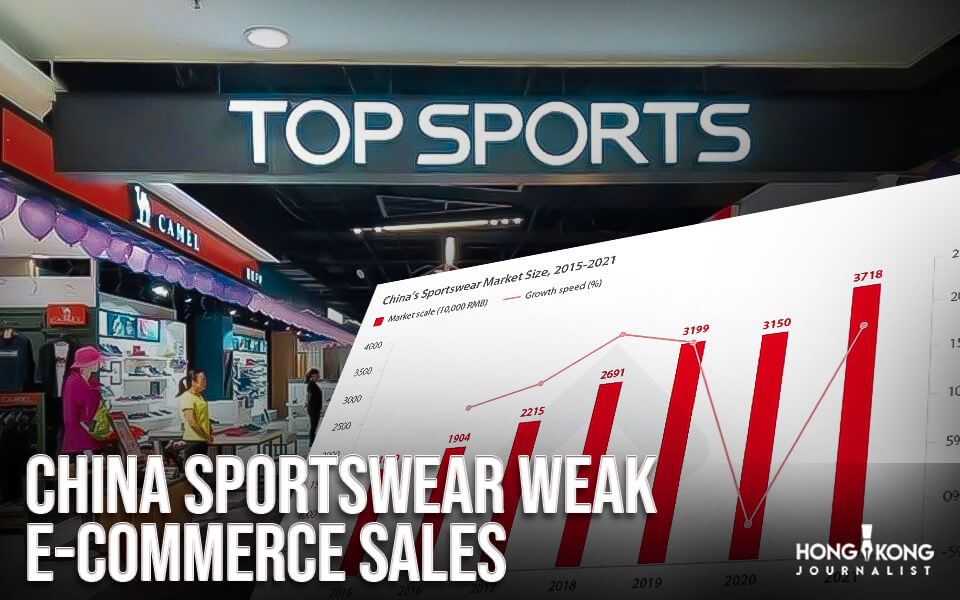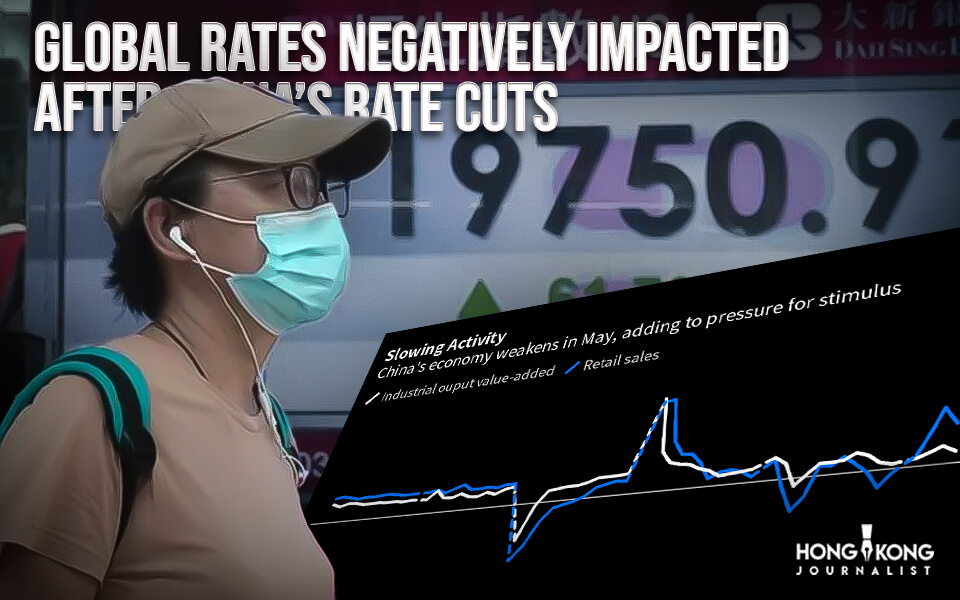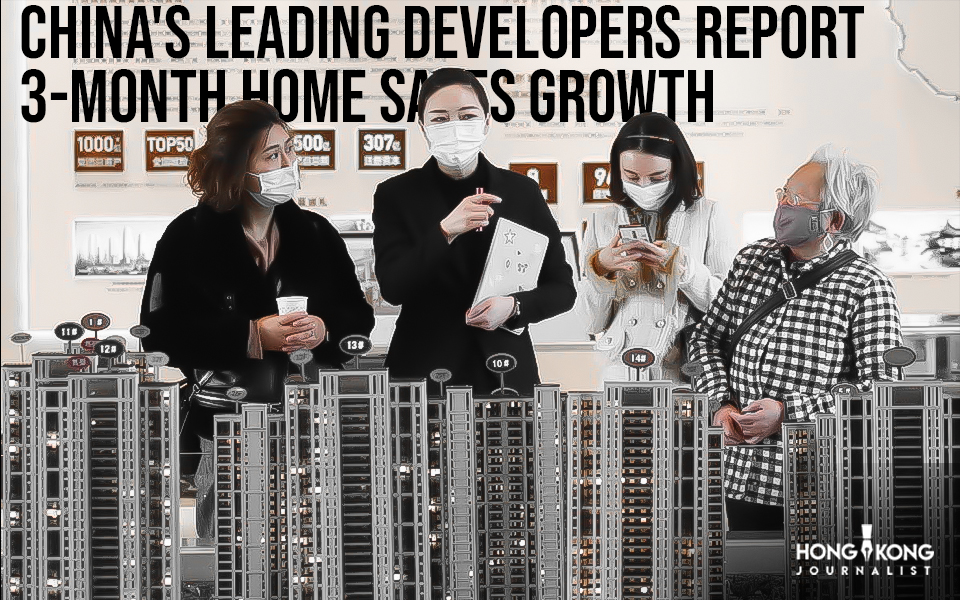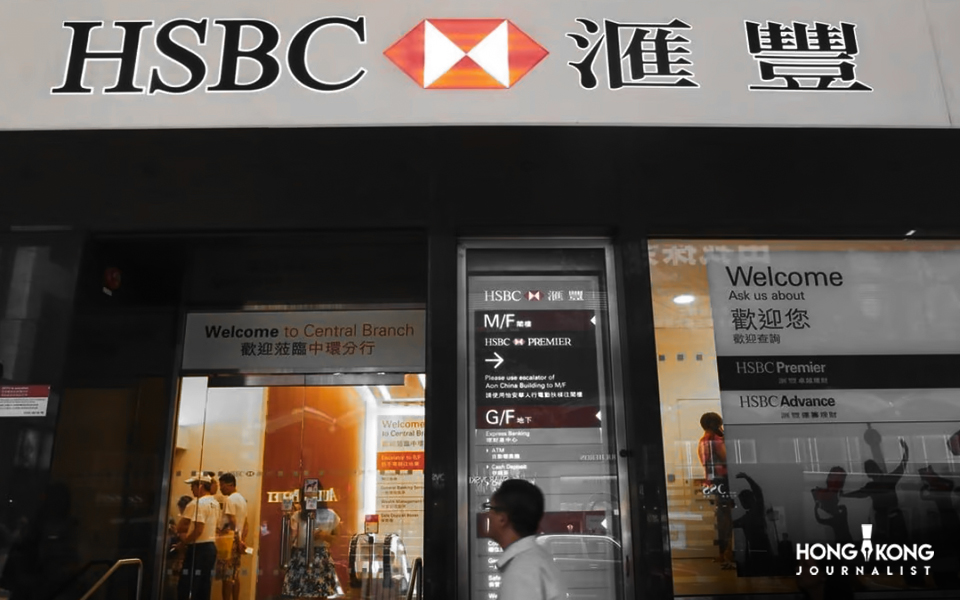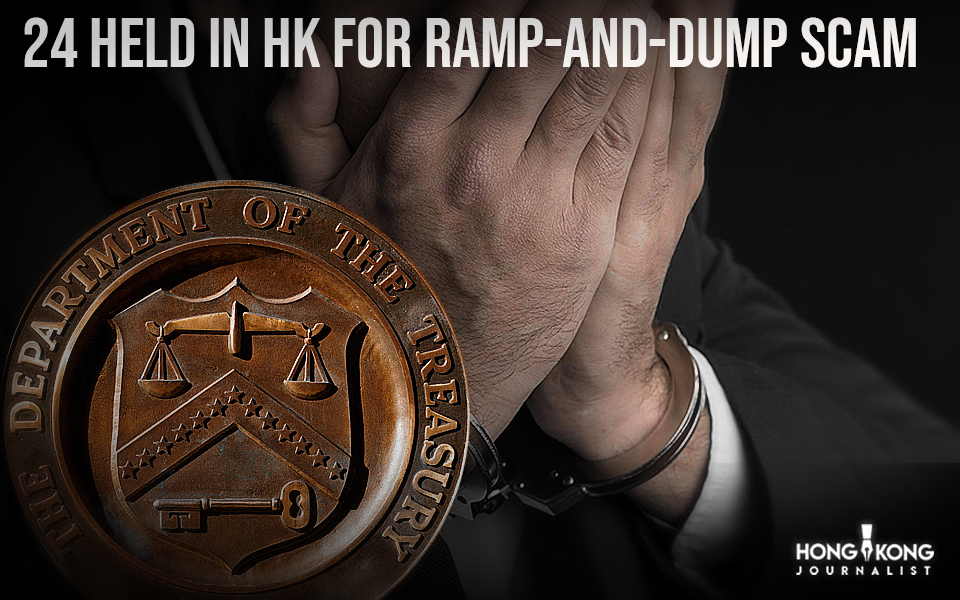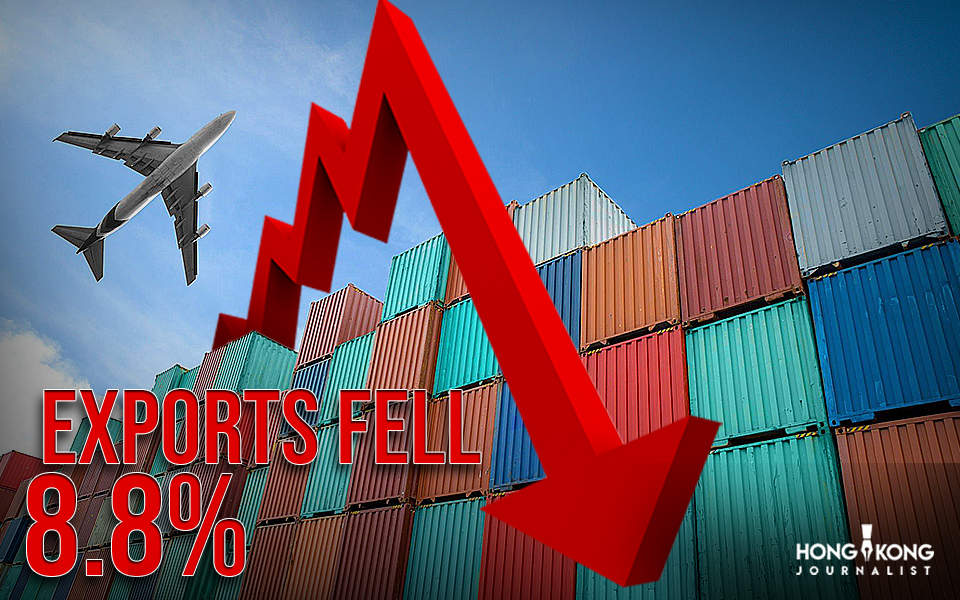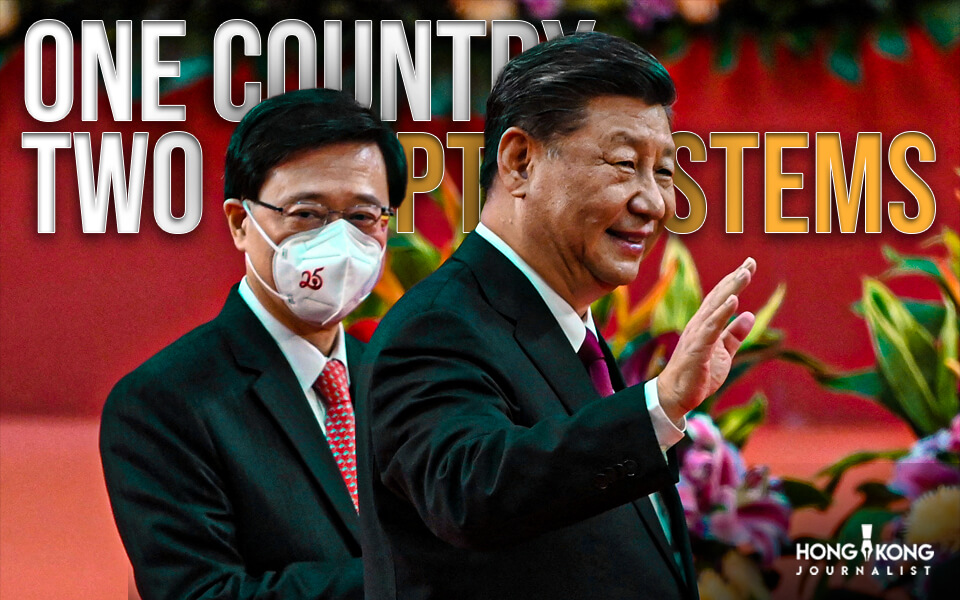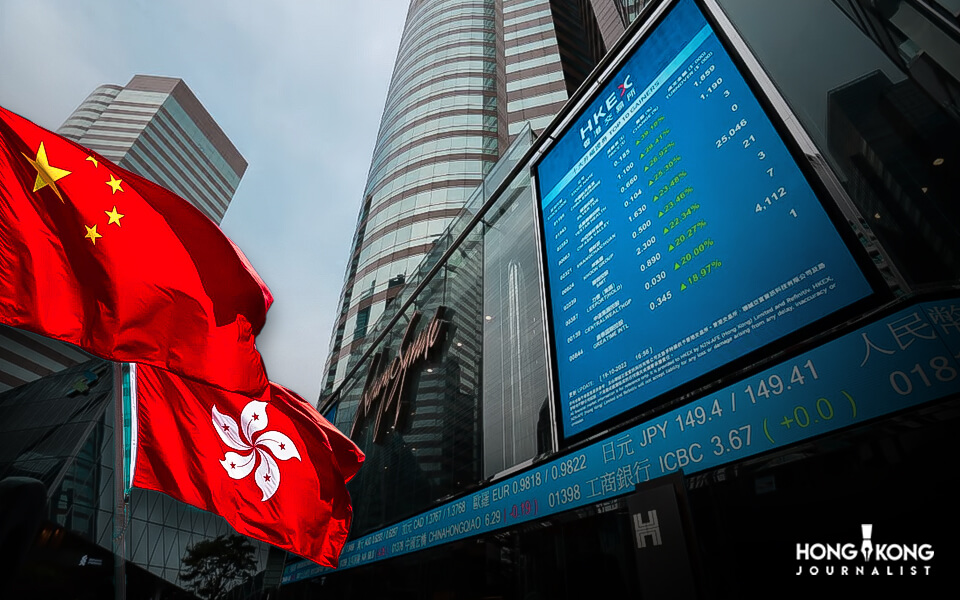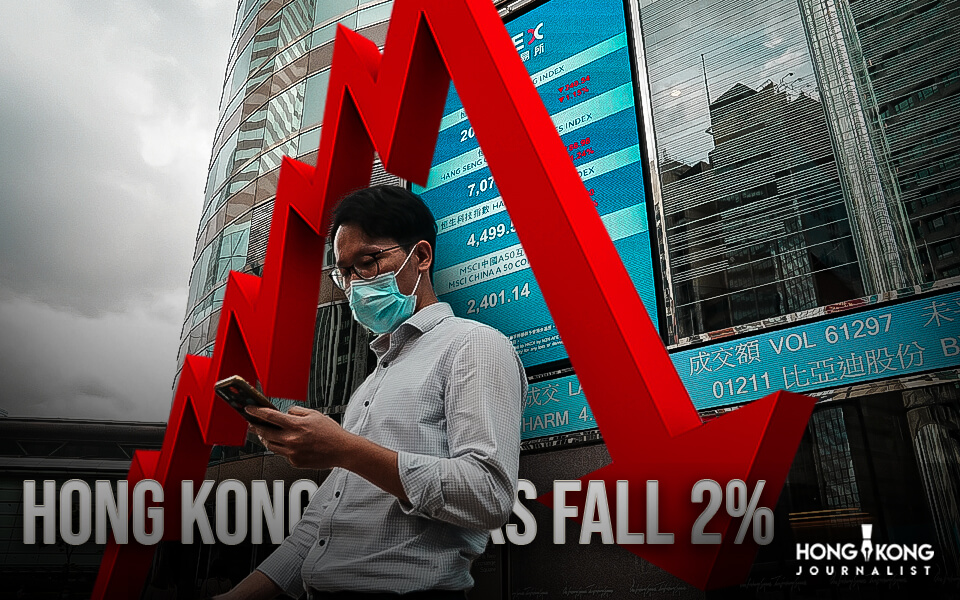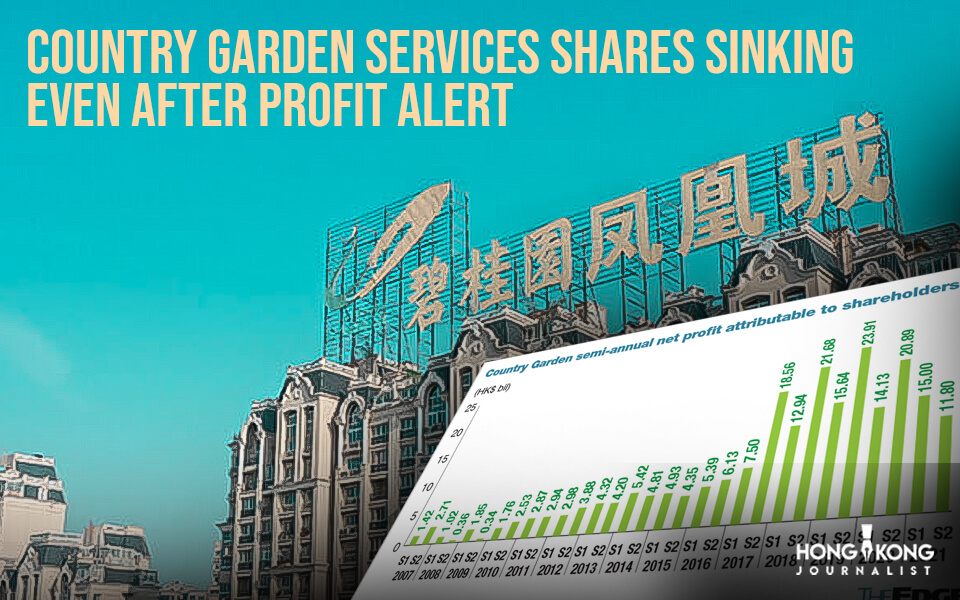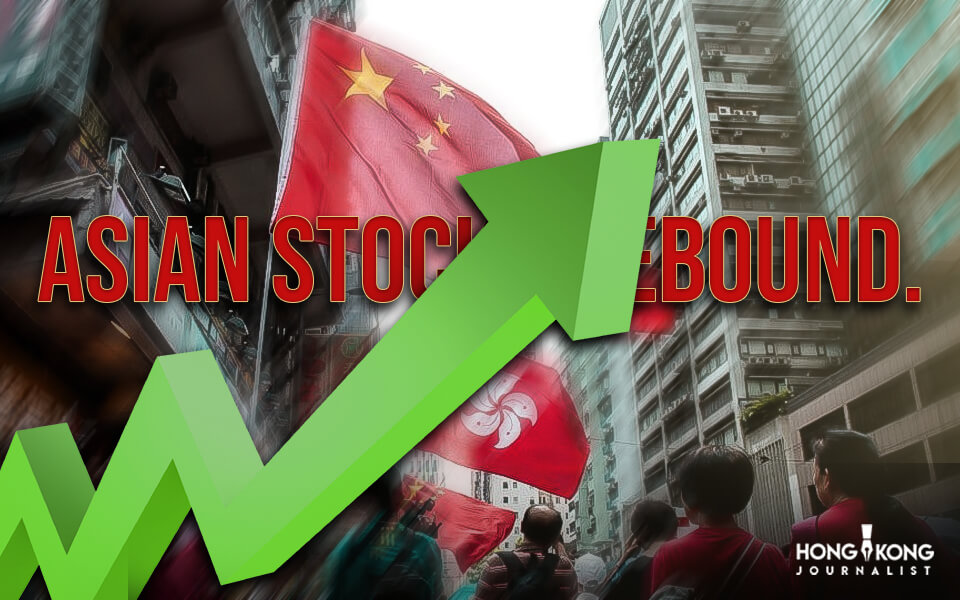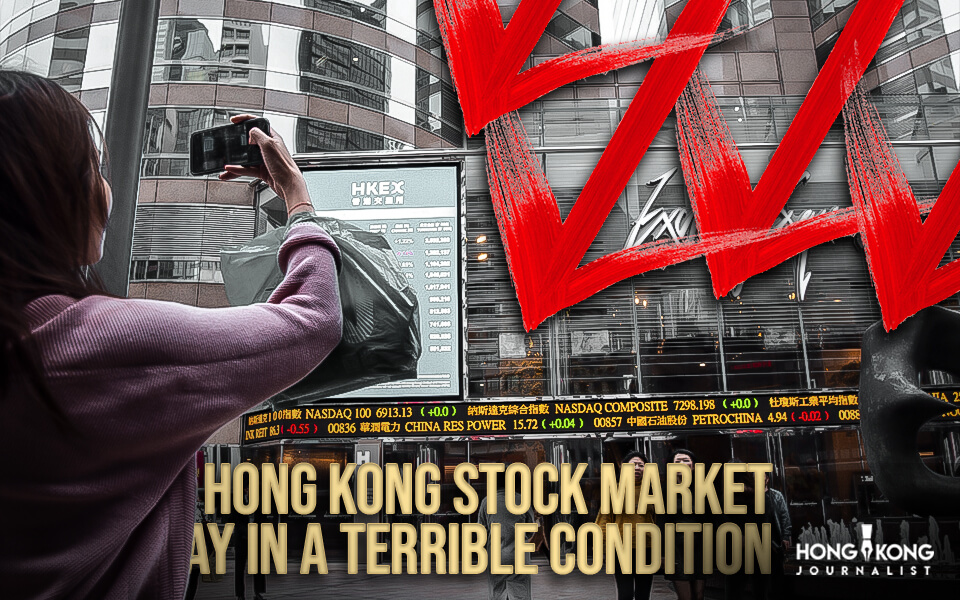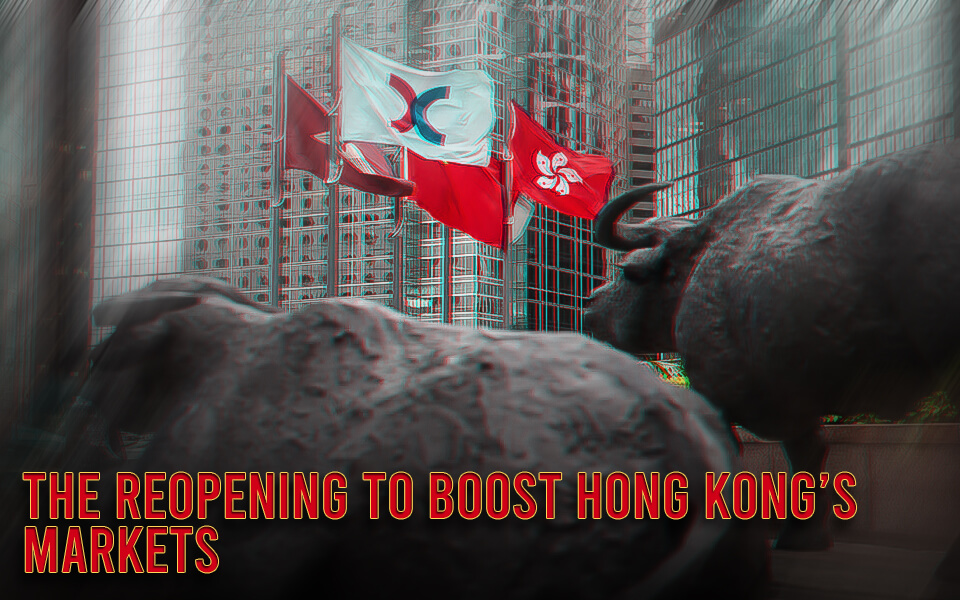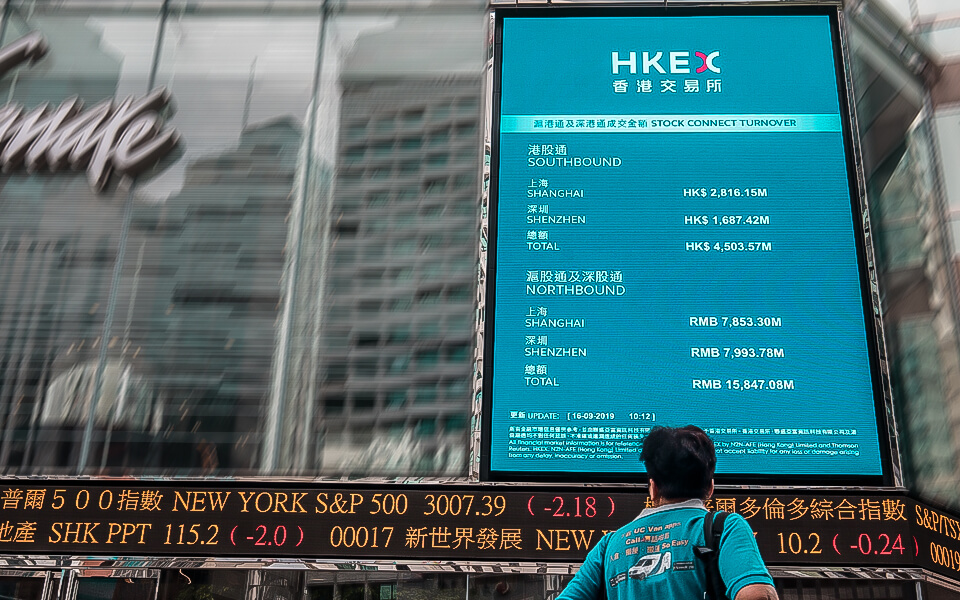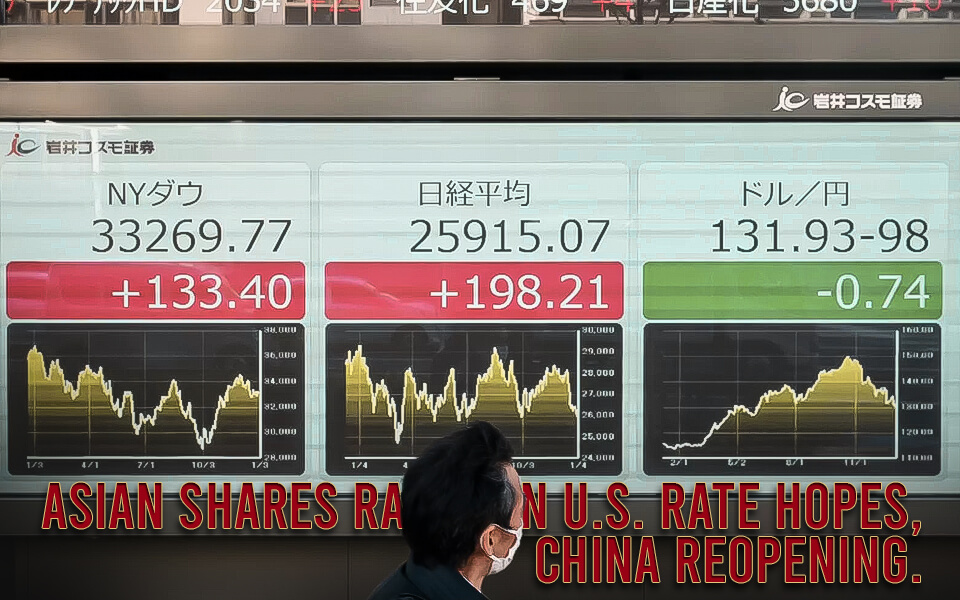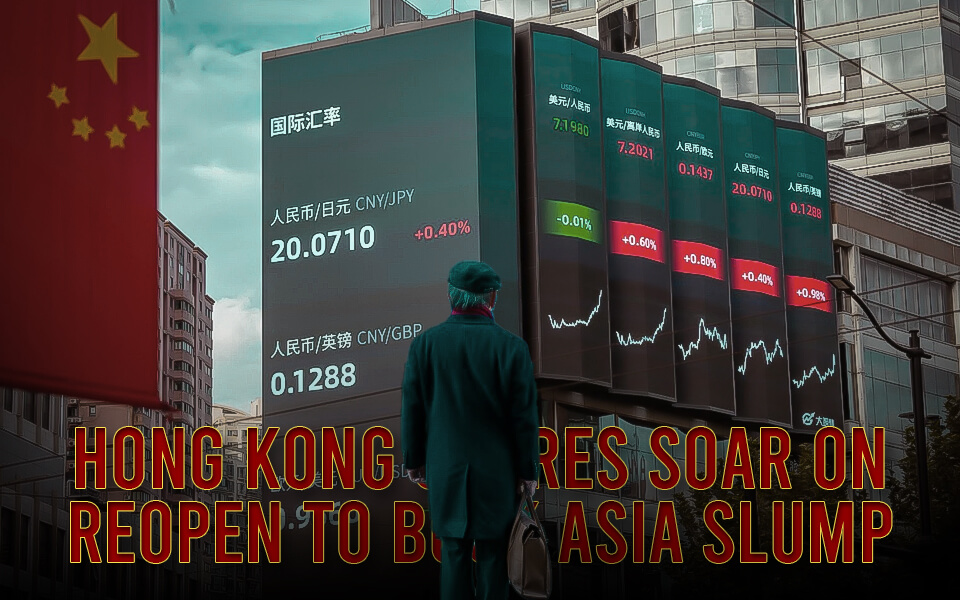
Hong Kong-based real estate firms are worried about a proposed change to accounting standards under the Science-Based Targets initiative (SBTi), which they claim will make attaining net-zero targets for the building and construction sector in most of Asia very difficult.
In the most recent draught of its building sector guidance, SBTi, which verifies decarbonization targets in accordance with the Paris Agreement target of capping global warming at 1.5°C, may modify its regulations to permit real estate firms to report only Scope 2 electricity emissions reductions in the places where they consume energy – a method known as location-based accounting.
According to a group of property firms opposing the amendment, this might make compliance in Asian regions with fossil fuel-based energy systems prohibitively complex. Coal, natural gas, and oil are primarily used to power the electricity grid in Hong Kong.
The SBTi’s anticipated rule change could prevent it from recognising the electricity emissions reductions made by real estate firms through market-based carbon reduction initiatives, like purchasing renewable energy certificates (RECs) and clean energy power purchase agreements.
The rule modification aims to persuade real estate companies to place more of an emphasis on energy savings and efficiency than on buying renewable energy sources in order to reduce emissions.
John Haffner, deputy director for sustainability at real estate developer Hang Lung Properties, stated at a panel discussion in Hong Kong last Thursday that his company had planned to purchase renewable energy as a significant component of its net-zero strategy, but the company “would not be able to account for renewable energy procurement” as a result of SBTi’s revised sectoral guidance.
According to him, energy efficiency efforts by themselves wouldn’t be enough to reach net-zero emissions across Asia by 2050.
We are worried about that. At the ReThink sustainability conference this month at the Hong Kong Convention & Exhibition Centre, he stated, “We know that others share such worries as well.
At the beginning of this year, Hang Lung Properties became the first building company in Hong Kong and mainland China to receive SBTi approval for its short- and long-term emissions reduction goals in accordance with the SBTi Net-Zero Standard. SBTi’s suggested guidelines on Scope 2 reporting could affect progress towards achieving those targets.
A collection of businesses, supported by the World Green Building Council, a non-profit that helps green building councils all over the world, including Sino collection, New World Development, and Swire Properties, have criticised SBTi over the planned new restrictions.
In an email shared with Eco-Business, Dr. Raymond Yau, general manager of technical services and sustainable development for Swire Properties, stated that while the group agrees that energy efficiency should take precedence, SBTi should keep allowing businesses the choice of market-based reporting.
Renewable energy procurement is essential to creating renewable energy supply in regions like Hong Kong and mainland China that lack “a clear and sufficiently aggressive” near-term grid decarbonization roadmap, he said.
The proposed new laws would also make it less likely for real estate companies in Hong Kong and mainland China to pursue market-based renewable energy agreements, which would slow down investment in renewable energy, according to him.
It might also deter businesses from establishing any science-based goals since they would find it difficult to persuade their boards that the necessary decarbonization pathway is feasible based solely on energy efficiency, according to Yau.
False and double-counted claims
A perceived overuse of RECs is one reason for concerns about allowing businesses to purchase renewable energy as their principal method of achieving Paris-aligned net-zero commitments. According to a study published in Nature Climate Change, since RECs are not expected to result in increased generation of renewable energy, they pose a danger to the validity of science-based targets.
In order to achieve their net-zero goals, Hong Kong real estate companies are significant purchasers of RECs from the People’s Republic of China. Real estate companies might only purchase RECs in Hong Kong, where there is a small supply, under the new SBTi rules that have been suggested.
Buildings account for 37% of worldwide carbon emissions, with energy and heat usage generating three times as much indirect emissions as the sector’s direct emissions.
Yau stated that Hong Kong real estate firms are aware of the issues with double counting and exaggerated carbon reduction claims with renewables procurement, but instead of completely eliminating market-based reporting, they recommend providing more advice to maintain good governance.
The group suggests, among other things, that enterprises be compelled to reveal their energy efficiency targets as a subset of their overall SBTi targets in order to “ensure the credibility” of market-based reporting for renewables and to make sure that this priority is maintained alongside purchased renewable energy.
In order to avoid double counting and to ensure that procurement practises adhere to the RE100 initiative’s ideals, companies should be forced to demonstrate “exclusive ownership” of any renewable energy instruments they purchase. RE100 is a programme for businesses committed to purchasing exclusively renewable electricity.
The World Green Building Council declared that it has given feedback to SBTi and that it is happy to have more time to address the feedback.
The required location-based accounting for Scope 2 emissions, according to SBTi, is only one suggestion out of many that have been made. All consultation feedback will be taken into consideration when creating the final guidance, which will be made public “in the coming months.”
- Published By Team Hongkong Journalist

